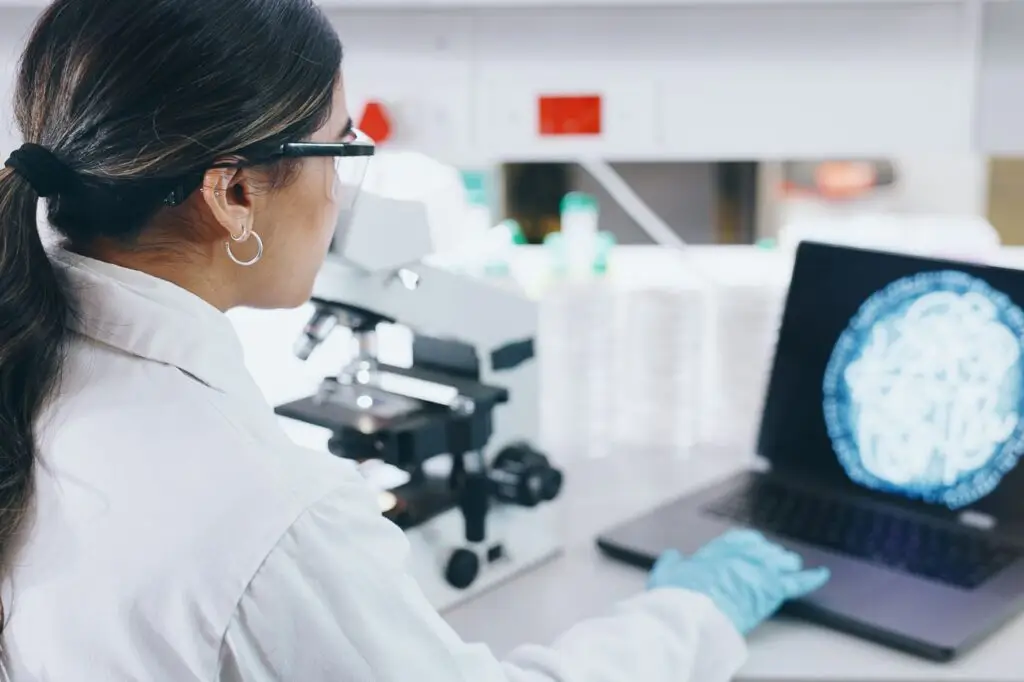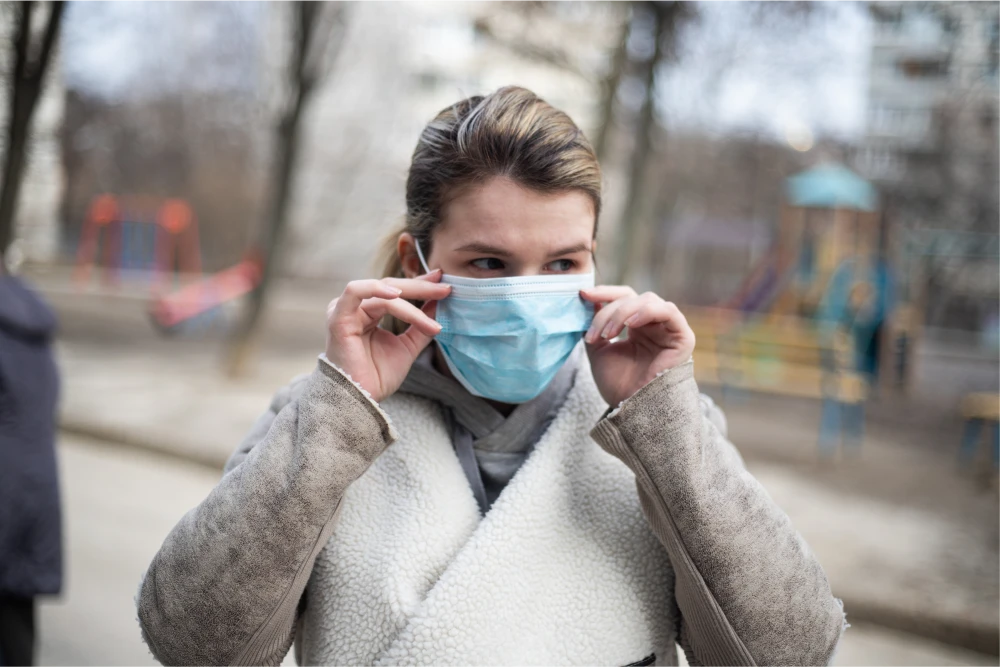Antimicrobial Resistance (AMR) is not a far-off risk but a present and growing threat to both global health and the world economy.
By 2050, AMR could be responsible for 10 million deaths annually, overtaking cancer and heart disease as the leading cause of death.
Financially, the costs are just as catastrophic, with AMR projected to incur a staggering $100 trillion in economic losses over the next 30 years.
Antimicrobial Resistance (AMR) occurs when microorganisms such as bacteria, viruses, fungi, and parasites become resistant to antibiotics that once effectively treated them.
The consequences extend far beyond public health, as the growing inability to treat infections threatens healthcare systems and industries globally.
While innovative startups like Bug-Works are making strides in developing new antibiotics, there is an urgent need for greater financial investment and manpower to effectively address the AMR crisis. Once, around 20 research firms globally were committed to finding solutions for AMR and only four remain operational today.
The Living Cost: Human Lives on the Line

Globally, Antimicrobial Resistance (AMR) has already caused significant loss of life. In 2019, 1.27 million deaths were directly attributed to AMR, while it contributed to 4.95 million deaths overall.
As the crisis deepens, routine medical procedures such as surgeries, cancer treatments, and organ transplants could become life-threatening, rendering once-treatable infections deadly.
Healthcare providers are facing an uphill battle in treating infections, with patients requiring more expensive and prolonged treatments due to resistance to first-line antibiotics. This impacts not only patient outcomes but also leads to a higher burden on healthcare systems worldwide.
The Financial Impact: A Not-So-Distant Economic Crisis

Beyond the human toll, the economic consequences of Antimicrobial Resistance (AMR) are devastating. If left unchecked, AMR could reduce the global GDP up to 5% by 2050.
This scenario could push 28 million people into extreme poverty, many of them in developing regions where healthcare infrastructure is already under acute pressure.
The cost of treating drug-resistant infections is considerably higher than treating regular infections which results in longer hospital stays, additional diagnostic tests, and the use of more expensive drugs, hence increasing the workload on the health system and raising expenses for the plaintiff as well.
In addition to these direct costs, the ripple effect of AMR would impact labor productivity, trade, and overall economic stability. The situation is comparable to the 2008 global financial crisis in terms of potential economic damage.
Current Investment Trends: A Shortfall in Funding

While the urgency of the Antimicrobial Resistance (AMR) crisis is well understood, the funding to address it is significantly lacking.
Globally, only $1.5 billion is invested annually in AMR research, far below the $40 billion required over the next decade to develop new antibiotics and strengthen healthcare systems.
Despite this shortfall, innovative companies like Bug-Works, based in Bengaluru, India are leading the charge. Bugworks is developing BWC0977, a broad-spectrum antibiotic that targets both Gram-positive and Gram-negative bacteria.
Collaborating with organizations like the Global Antibiotic Research and Development Partnership (GARDP), Bug-Works is working to bring life-saving treatments to patients worldwide.
Other startups, including Vedanta Biosciences, which focuses on microbiome-based therapies, and Phage-Pro, which develops bacteriophage-based treatments, are also making significant strides in the AMR space.
These startups exemplify the innovation required to fight AMR, but they cannot scale their solutions without increased financial support.
Manpower in the AMR Fight: A Critical Shortage

While financial investment is crucial, the fight against Antimicrobial Resistance (AMR) also requires a robust healthcare workforce. Many countries, particularly those in the developing countries of world, face a critical shortage of trained professionals capable of managing drug-resistant infections lacks sufficient manpower to enforce antibiotic stewardship in both human and animal healthcare sectors.
The indiscriminate use of antibiotics in agriculture, where they are often employed as growth promoters, further exacerbates the AMR crisis.
This crisis calls for an increase in healthcare professionals trained to monitor prescriptions and ensure that antibiotics are used appropriately in both humans and animals.
The Path Forward: Investments Needed

Addressing Antimicrobial Resistance (AMR) requires immediate and substantial investments, not only in terms of financial resources but also in human capital. Governments and private investors must step up to fill the current funding gap.
The World Health Organization (WHO) estimates that Antimicrobial Resistance (AMR) could push healthcare systems to the brink of collapse if current trends continue, and the cost of inaction will far outweigh the investments required today.
These funds could incentivize pharmaceutical companies to re-engage in antibiotic development, a field they have largely abandoned due to low returns on investment.
Moreover, investments in manpower—from healthcare professionals to veterinary workers—are essential to ensure that the appropriate use of antibiotics is monitored and enforced.
Conclusion: The Role of Capitalist Health in the Fight Against AMR
At Capitalist Health, we are committed to raising awareness of the economic and health impacts of Antimicrobial Resistance (AMR). This crisis is not only a public health issue but also a financial one, with the potential to destabilize global markets and healthcare systems.
The solution lies in a capitalist approach that encourages investment in innovative startups like Bugworks, while also bolstering healthcare infrastructure and training a new generation of healthcare professionals.
We encourage our readers to share their thoughts and be part of the discussion.
What do you think is the best way to tackle AMR? Do Share your thoughts and ideas in the comments below.
For more insights on AMR and its broader implications, read our previous article here.
Written By: CPH Editorial Team
Medically Reviewed By: Dr Ananya Adhikari





The problem of AMR very nicely and concisely has been addressed. It is one of the major threat current medical system and public health world is facing. One health initiatives are attempting to combat this, but we are yet to achieve what we set as our targets.
Thank you for your valuable input! Addressing AMR requires ongoing commitment and collaboration across all sectors. Together, we can work towards achieving our targets and enhancing public health outcomes. Your engagement is much appreciated!
How is a capitalist approach the answer to a global health threat of apocalyptic potential? This sounds like a single sided story, and that’s pretty dangerous, especially with issues of this nature with information apparently aimed at increasing people’s health literacy levels.
Thank you for your insightful comment! I share your concern regarding the potential one-sidedness of the post. At Capitalist Health, we strive to transform the way health information is accessed and understood. While we emphasize the capitalist perspective, we also recognise the importance of discussing various factors that contribute to health challenges, including the significant issue of antimicrobial resistance (AMR). We appreciate diverse viewpoints as they enrich the conversation and lead to a more comprehensive understanding. Thank you again for your valuable feedback!
The potential consequences of antimicrobial resistance are indeed alarming, posing significant threats to global health and economic stability. It is essential for policymakers, healthcare providers, and the public to prioritize awareness and action. Investing in research, promoting responsible antibiotic use, and enhancing public education are critical steps in mitigating this looming crisis.
To be successful, we must ensure that all components and sectors collaborate and collaborate together harmoniously. Throughout these initiatives, it is vital to keep the population at the center of our efforts to effectively combat antimicrobial resistance. Thank you for shedding light on such an important topic!
Thank you for your thoughtful comment! We appreciate your recognition of the serious implications of antimicrobial resistance for global health and economic stability. It is indeed crucial for all stakeholders to collaborate in promoting responsible antibiotic use and raising public awareness. Together, we can address this pressing issue and work towards effective solutions. Your engagement in this important conversation is invaluable!
This blog offers an overview of the serious implications of antimicrobial resistance (AMR) for global health and the economy. Tackling AMR is not just a health issue; it’s an urgent economic challenge that requires collaboration among governments, healthcare providers, related industries, and communities.
Thank you for your input! You make an important observation—antimicrobial resistance (AMR) is a pressing concern that significantly impacts global health and economic well-being and to effectively tackle this challenge, it is imperative that all stakeholders, including governments, healthcare providers, industries, and communities, come together in a coordinated effort.